How to disinfect money from coronavirus - simple and quick ways
While thoroughly treating their hands with antiseptics, wiping food packages and washing the floor with water and bleach, people forget to disinfect money from coronavirus. Meanwhile, coins and paper bills are one of the most common sources of infection.
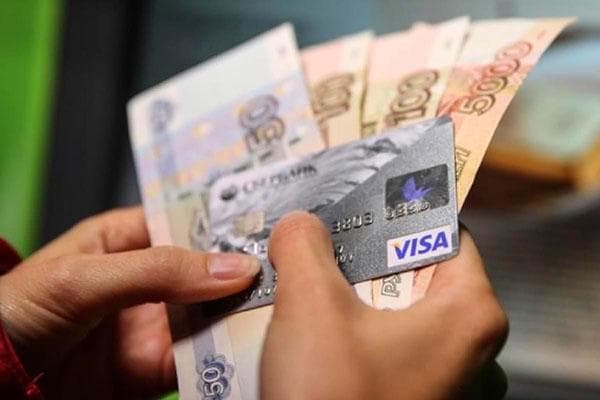
How long does coronavirus live on money?
Coronavirus particles remain viable for quite a long time - from 4 hours to 9 days. The exact period depends on the type of surface. For example, pure copper destroys the protective shell of the virus very quickly, while polyethylene and plastic do not interact with lipids in any way, so the infection lives on them the longest.
Russian banknotes are made from a combination of several materials (in particular cellulose and cotton or flax). For this reason, it is impossible to name the exact period of activity of the coronavirus in money, but we can assume that it is about five days.
Coins are also minted from a variety of alloys, so precise information on the survivability of the coronavirus on coins is not available. It makes sense to consider them potentially infectious for two weeks (that’s how long money is allowed to “sit” in a special bank vault before being counted).
How to disinfect paper money from coronavirus?
There are several ways to disinfect banknotes:
- High temperature mode. To properly “fry” the money, but not burn it, they use an iron.It should be heated to maximum temperature (usually the “Cotton” mode, also known as “Cotton”). The bill should be placed between two layers of thin tissue paper or gauze folded in half. The gauze can be slightly moistened with water - steam treatment will be even more effective than regular ironing. By the way, it is with the help of an iron that money is disinfected in markets in Georgia.
- Ultraviolet radiation. If you have a quartz lamp in your home designed for household disinfection, it will do an excellent job against coronavirus. It is enough to spread the banknotes in the room being treated and leave them exposed to UV rays for 30–40 minutes.
- Wash. Not a bad, but risky method that will add hassle to everyone who decides to use it. It is only suitable for extreme cases - when there is a suspicion that the money was held in the hands of a person infected with SARS-CoV-2, but there is no way to disinfect the banknotes in any other way. Washing money is simple - first, lather it with 72% laundry soap and leave for 20 seconds, then rinse with water and dry in the open air.
- Medical alcohol. This method is good because banknotes can be processed in any conditions - without even leaving the cash register. It is enough to carry a bottle with a spray nozzle with you - spraying a bill from all sides is easier and faster than wiping it. Due to the fact that the alcohol evaporates quickly, the money dries almost instantly and can be placed in a wallet or pocket.
How to treat coins so that they are free from coronavirus?
At home and in the field, coins are treated against coronavirus in the following ways:
- Calcination. When there are a lot of coins, they can be placed in an oven preheated to 200 degrees for 2-3 minutes.Some alloys may darken, so if you want to preserve the appearance of your money, you should first experiment on one coin.
- The washing up. Like paper money, coins need to be lathered with bar soap and held for 20 seconds. Then rinse off the foam and dry the surface with napkins or a towel.
- Spraying with 96-degree alcohol. In order not to wipe each coin separately, just put all the existing coins in the palm of your hand, generously sprinkle with alcohol and rub in your hand (this will distribute the alcohol better). No need to wipe.
Disinfection of money is an important link in the entire chain of measures aimed at combating coronavirus. In many countries, national banks are doing this, but if everyone takes care of the microbiological purity of their banknotes and coins, this will significantly shorten the duration of the pandemic.
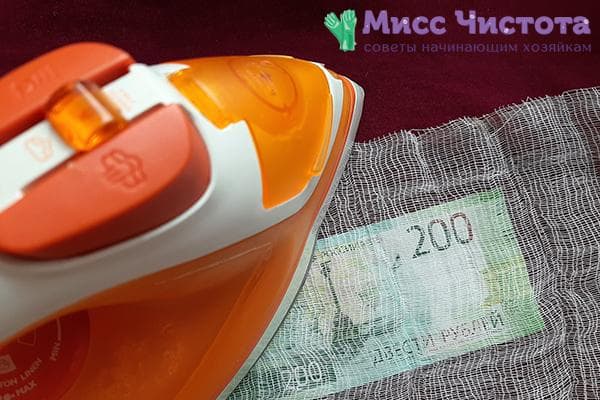
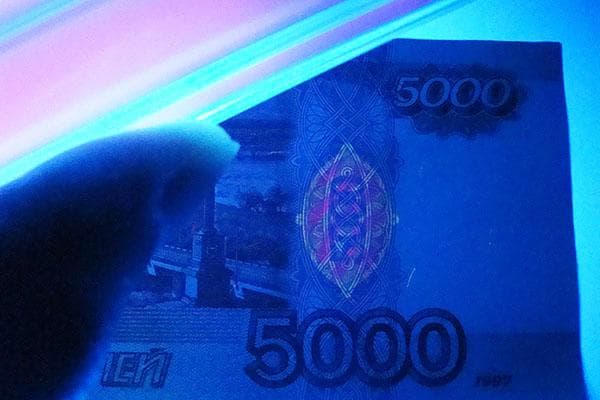
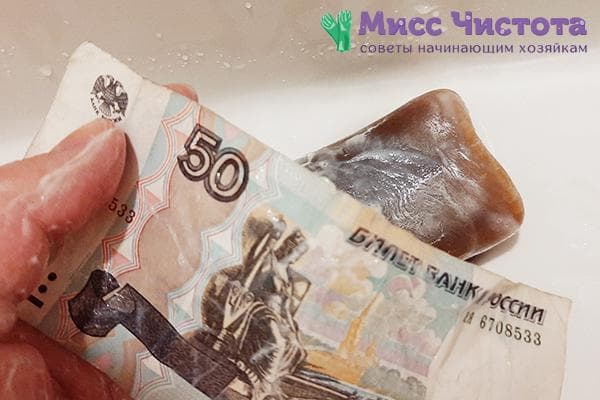
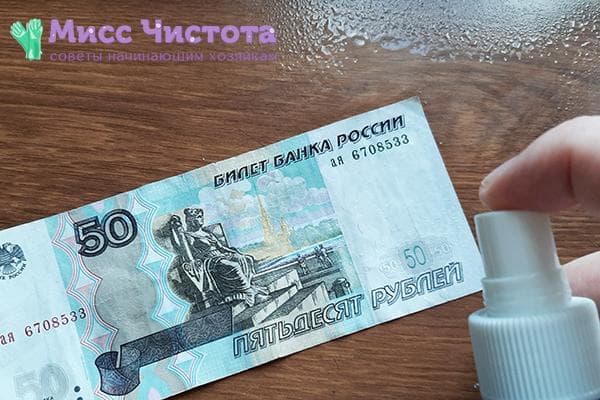
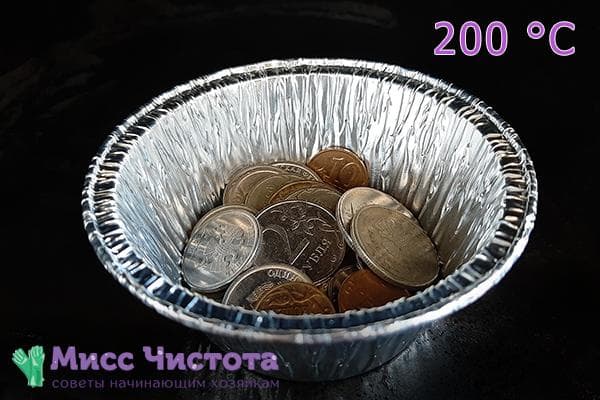
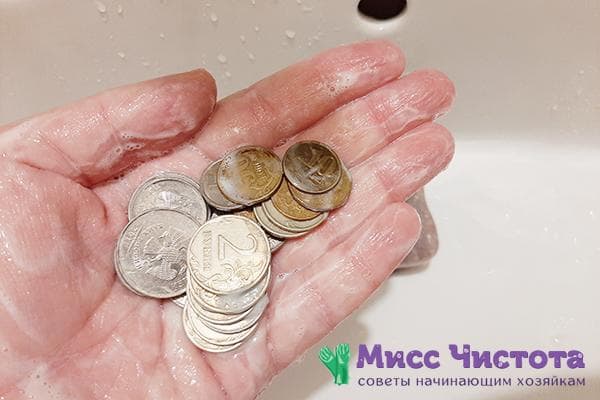
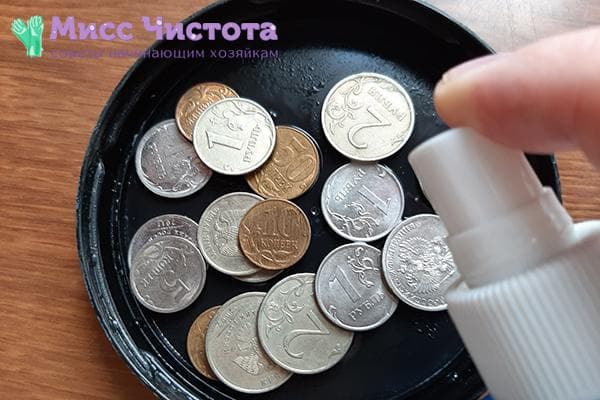
As for the iron, the advice is dubious - I tried it once - if you pay at the checkout - maybe nothing, but ATMs and payment terminals don’t accept them after that - they spit them out.
This question needs to be addressed to the oligarchs: they already know how to launder money!